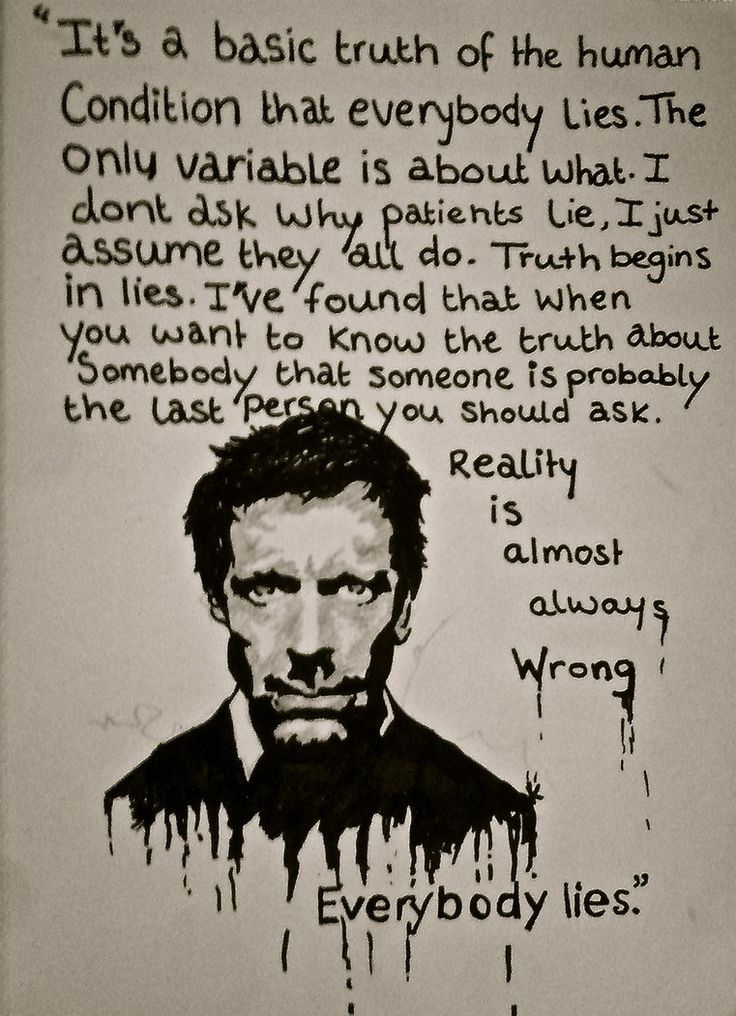DrParasite
The fire extinguisher is not just for show
- 6,371
- 2,231
- 113
I think that's a fair statement.Back home, if a BLS called it was for a purpose and they had an idea of what ALS brought to the call for interventions.
I assisted in EMT class last week, doing scenarios, and for a 80 year old male with chest pain, I was shocked by how many students didn't request ALS immediately. I am not saying you should always request ALS, but there are certain cases where you should be calling ALS based on complaint, as you can always cancel them later. Know when you need them, know what they can do, and know why you are calling them.
far too many EMTs are grossly medic dependent; far too many paramedics consider EMTs to be useless, and feel they can't function without unless a paramedic is there. Outside of a cardiac monitor, an ALS assessment and a BLS assessment are nearly identical.Here, it's call for a magical assessment, x-ray vision, and a magic 8 ball prognosticator to show what is secretly wrong (but quietly shift the blame, just in case the patient has a stage 9 undiagnosed malignant explosive tumor of some sort.)
Why are they not working their way to the truck and starting their trip to the hospital? sounds like a failure of the EMS system.If we run 20 minutes hot to get somewhere, yeah, maybe not just to assess someone they think is fine and they're delaying transporting to the hospital on...

